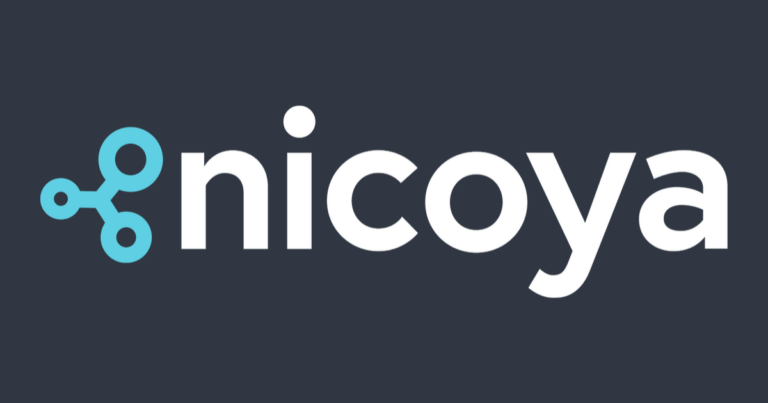The University of Phoenix College of Doctoral Studies has unveiled a new white paper titled “Reinventing Productivity: Aligning AI Innovation with Human Potential in the Modern Workforce.” Authored by Jessica Sylvester, Ed.D., MBA, Senior Manager of College Operations, associate faculty member, and research fellow with the University’s Center for Educational and Instructional Technology Research (CEITR), the paper examines why the global surge in artificial intelligence (AI) adoption has not consistently translated into measurable productivity gains—and what leaders can do to bridge that gap.
Sylvester’s analysis situates AI within the broader context of workforce transformation, arguing that productivity gains depend not merely on adopting new technologies, but on aligning AI innovation with human empowerment. By emphasizing worker autonomy, skill equity, and well-being, organizations can ensure that AI enhances—rather than replaces—human potential.
Drawing on insights from the University of Phoenix Career Optimism Index®, a national study on workforce sentiment and mobility, as well as current research in organizational psychology and management, the white paper identifies several critical workforce challenges. Among them are:
- Persistent burnout among 51% of U.S. workers.
- Limited access to AI training, with only 34% of employers providing it.
- Stronger outcomes for AI users, who are 2.5 times more likely to report autonomy at work, greater career control, and reduced burnout compared to non-users.
These findings suggest that while AI can improve individual experiences and organizational efficiency, the benefits remain unevenly distributed, leaving many employees disengaged or unprepared for technology-driven change.
“The conversation about AI can’t begin and end with tools; it must start with people,” said Jessica Sylvester, Ed.D., MBA. “When organizations adopt AI with transparency, build AI literacy, and redesign roles for flexibility, the technology augments human capability rather than eroding it. That is how we close the gap between innovation and impact.”
The white paper underscores that AI’s true promise lies in integration, not automation—in designing systems that enhance creativity, judgment, and empathy, rather than eliminate human input. It argues that companies investing in AI should adopt “human-centered innovation” as a strategic framework, ensuring technology investments translate into meaningful work, inclusive opportunities, and sustainable productivity.
To achieve this alignment, Sylvester outlines actionable recommendations for leaders, educators, and policymakers, including:
- Embedding ethical considerations and responsible AI practices into employee training.
- Fostering psychological safety to encourage open dialogue and experimentation with AI tools.
- Prioritizing internal mobility so workers can upskill or reskill as technology reshapes job functions.
- Designing flexible roles and workflows that support employee well-being and autonomy.
According to the paper, these approaches not only help organizations realize productivity gains but also advance workforce resilience—a critical capability in a rapidly evolving digital economy.
Sylvester’s work builds on her extensive experience in higher education and workforce leadership. With more than 18 years of experience, she serves as an associate faculty member across the University of Phoenix’s College of Social and Behavioral Sciences, College of Education, and College of Business and Information Technology. Her research focuses on leadership development, organizational learning, and the intersection of technology and human capital strategy.
Sylvester earned her Doctor of Education (Ed.D.), specializing in Higher Education Administration, and a Master of Business Administration (MBA) from the University of Phoenix. She also holds a Bachelor of Social Work degree from Arizona State University.
The University of Phoenix’s College of Doctoral Studies supports applied research that connects academia to practice, empowering scholars and professionals to tackle contemporary challenges in business, education, and public service. Through initiatives like CEITR and the Career Optimism Index®, the University continues to advance understanding of workforce dynamics and contribute actionable insights to industry and policy leaders.
By spotlighting the intersection of AI innovation and human potential, the white paper calls for a redefinition of productivity—one that recognizes people as the cornerstone of technological progress. As organizations navigate the AI-driven future, Sylvester’s work provides a framework for ensuring that progress remains ethical, inclusive, and profoundly human-centered.



